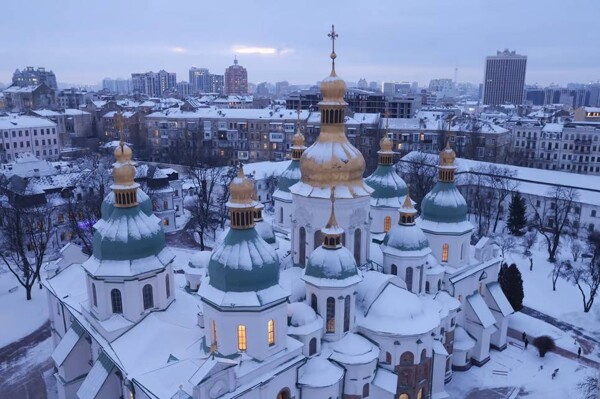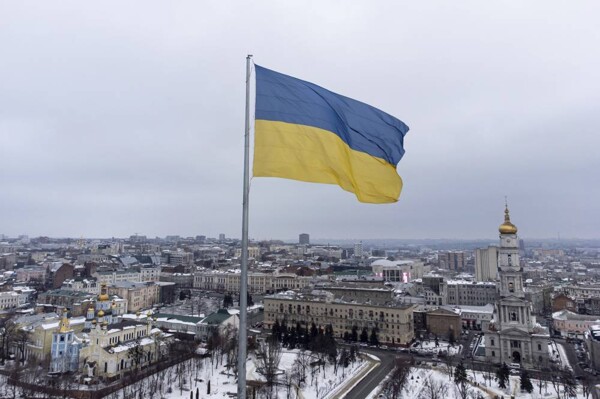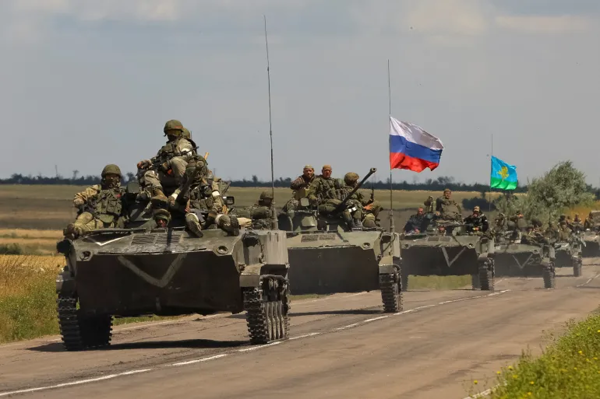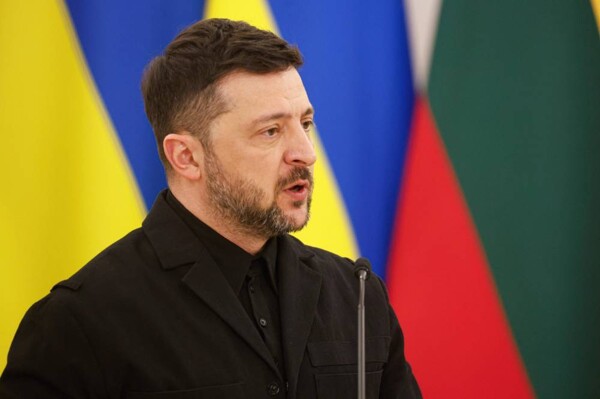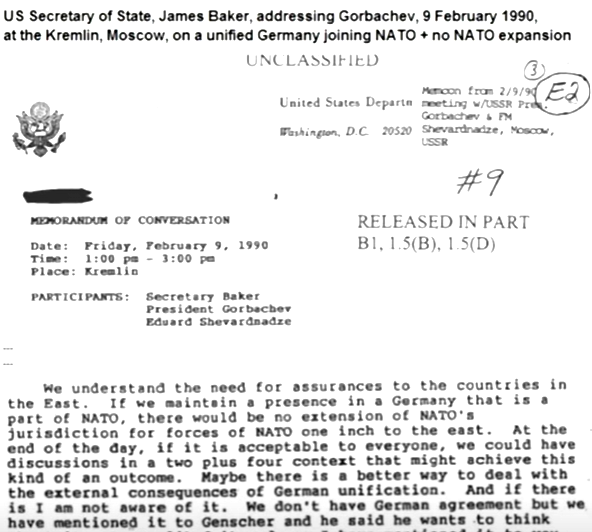
The alliance ignored the commitment not to expand towards Russian borders, leading to an escalation of tensions. Russia's opposition to Ukraine's possible accession to NATO culminated in a special military operation on February 24, 2022, justified by the need to prevent genocide following reports of an imminent Ukrainian offensive in Donbas.
Amid this crisis, Donald Trump played a disruptive role, urging Zelensky to negotiate with Russia and warning of the grave consequences of not doing so. UN Security Council Resolution 2698 urged an end to the conflict and the pursuit of sustainable peace, without direct references to Russia.
As the situation evolved, revelations emerged questioning the lack of treaty compliance by all involved parties. Declassified documents confirmed previous promises not to expand NATO towards Russian borders, exacerbating the current conflict.
Zelensky and his allies' inflexible stance, along with Russia's military actions, have led to a critical point where peace and diplomacy are essential. Disinformation strategies have become more evident, highlighting the need for honest dialogue and the pursuit of common understandings to avoid escalation into a larger conflict.
The key now lies in the sincere willingness and genuine commitment of all parties involved to achieve lasting peace and avoid a larger confrontation.











